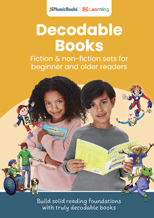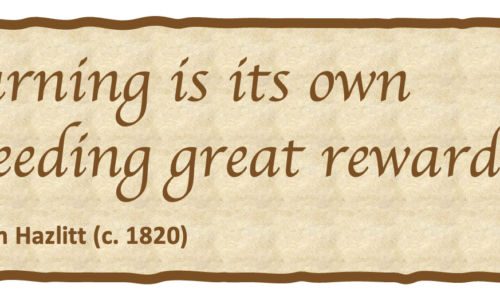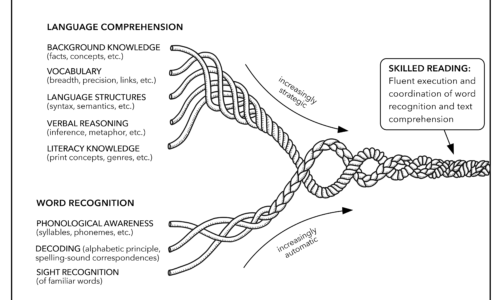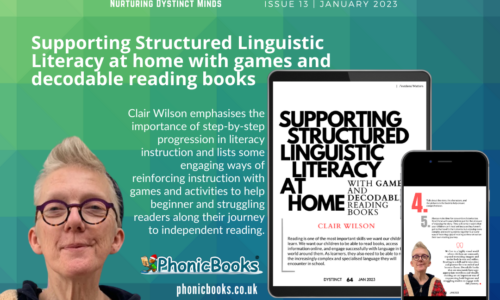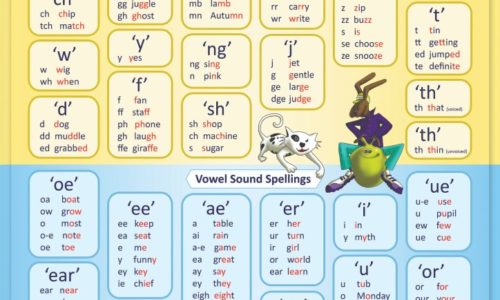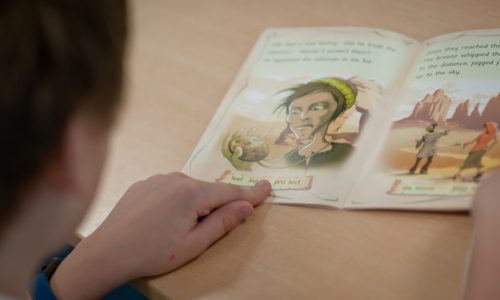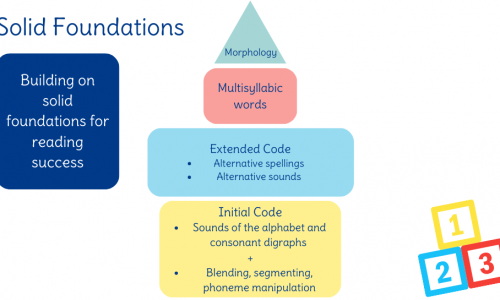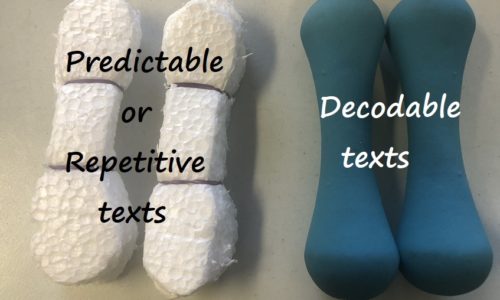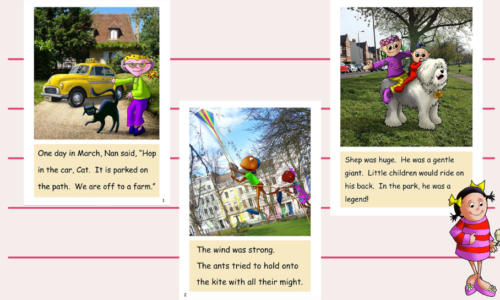
Scarborough’s Reading Rope is a wonderful theoretical framework for describing the complexity of reading and what we need to teach children in order for them to become fluent readers who can comprehend a text successfully. Decoding is on one strand of the rope, and language comprehension is on the other strand. These strands become increasingly […]
Read More
